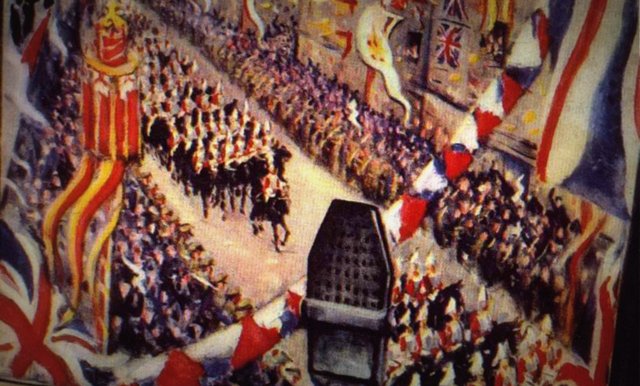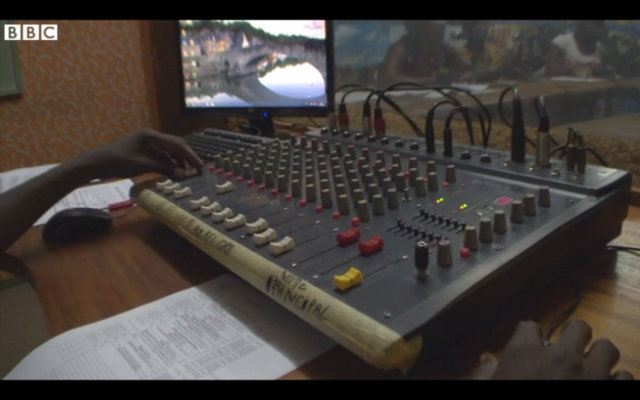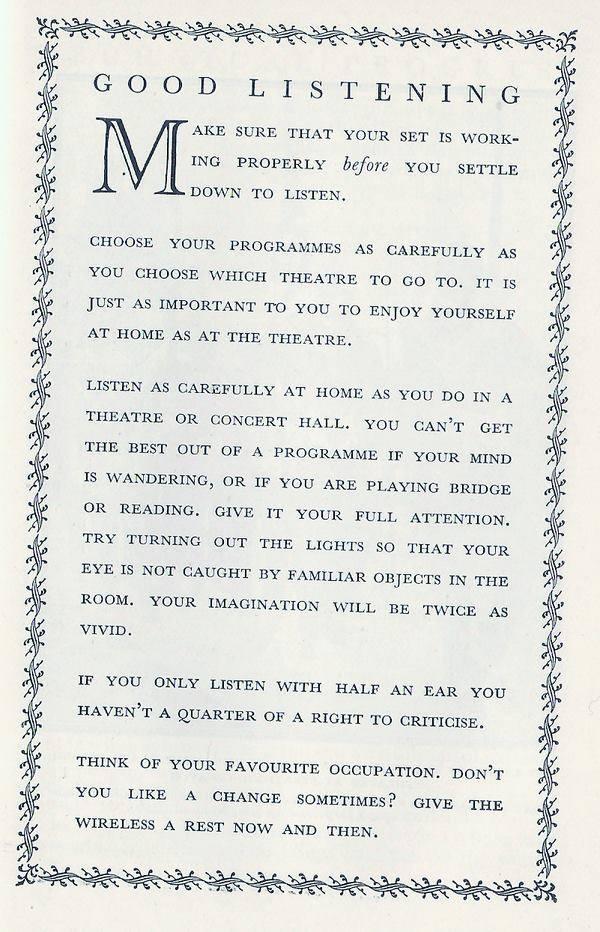Peter Horrocks, Director of the BBC World Service Group, today announced that he will be leaving the BBC in the new year.
Peter Horrocks has been Director of the World Service since 2009 and has worked at the BBC for 33 years.
Under Peter’s leadership weekly audiences for the BBC’s global news services – BBC World Service, BBC World News and BBC.com – have reached a record 265m.
Peter has led the World Service through some of its most challenging times, responding to funding cuts by modernising the World Service for the digital age.
He successfully oversaw one of the biggest changes in the history of the World Service as it moved from Foreign and Commonwealth Office (FCO) funding into the licence fee, leaving its historic headquarters of Bush House for the BBC’s New Broadcasting House.
BBC World News has undergone a creative renewal that is being appreciated by audiences around the world and bbc.com/news now regularly achieves one billion page views a month. BBC News is the most retweeted news source in the world.
Peter Horrocks said: “It has been a privilege to be Director of the BBC World Service, which is loved and trusted by hundreds of millions of people around the world.
“I am hugely proud of the dedication, the creativity and the reinvention shown by my team. The World Service now has its largest ever audience, an expanding number of languages, and is modernised and transformed for a digital age.
“Having overseen this recovery and taken the World Service into the new era of licence fee funding, it is time for me to move on to my next challenge. I will miss the BBC but am confident that the BBC’s global news services are in strong shape for the future.”
Director-General of the BBC, Tony Hall, said: “Peter’s remarkable career at the BBC has spanned more than three decades. Starting as a News trainee, he established himself as the youthful editor of Public Eye before going on to lead teams that produced some of the BBC’s most important news programmes, including Newsnight and Panorama. He also edited general election programmes before running several News departments, latterly the World Service Group.
“Those who have worked with him know of his energy, drive, his passion for journalism and his innovation but they have also come to appreciate his editorial integrity and his deeply rooted sense of BBC values. He leaves us as one of our most respected leaders. He is a force of nature and we will miss him.”
Director of BBC News and Current Affairs, James Harding, said: “Peter Horrocks has been a defining figure in the modern history of the BBC World Service and global news. He has demanded the highest standards of its journalism, he has driven innovation in the ways we tell stories and deliver the news, he has opened the BBC to new voices and fresh ideas and he has presided over the extraordinary growth of the BBC’s worldwide audience.
“His sharp intellect, open-mindedness and good judgment have shaped BBC News and Current Affairs for three decades. He has recruited and inspired hundreds of people here in the UK and around the world. And, like few others, he has set his stamp on both the programmes and the personality of the BBC.
“Since I joined the BBC last year, Peter has been a constant source of good advice, organisational wisdom and personal support. Of course, I respect Peter’s decision to move on, but, both personally and as an organisation, we will miss him.”
The BBC will advertise for Peter’s successor as Director, World Service Group.
About Peter Horrocks:
Peter Horrocks has worked in a wide variety of roles across BBC News since 1981. He has been editor of Newsnight and Panorama and produced TV election results programmes in 1992 and 1997. He has been Head of Current Affairs, Head of TV News and he created the BBC’s multimedia newsroom department in 2007.
As Director of the World Service Group Peter Horrocks has responsibility for World Service English radio, multimedia services in 28 languages, BBC World News TV, BBC.com/news and BBC Monitoring. He also chairs the BBC’s international media charity BBC Media Action.







